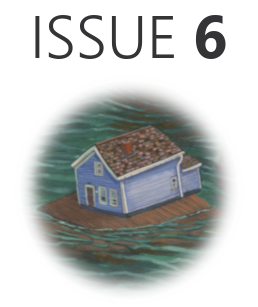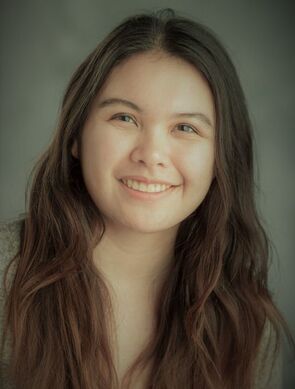|
MENTORSHIP RECIPIENT
Mentor Commentary
Matt Weinkam Recipient Reflection
Jena Vallina |
Conversations at the End of the WorldFiction by Jena Vallina
I am eighteen in January. I go to the pier and pull my hood against my frostbitten cheeks, looking over the lake to where the Chicago sky is bleached white with smog. Caught in the rippling currents, pedestrian spit-up—interfused bodies of plastic and scraps—float to the surface like victims of some crime. I shield my eyes from the sun glinting off the water. At my feet, leftovers from someone else’s evening: a soda can, gouged at the neck into an open-throated shiv. I think of my dog’s soft paws, which traipse these parts in the dark, and of the sky which promises tomorrow’s powder snow. But I must not lie to protect myself: in truth, no thought guides my foot. I kick the bottle because I can and watch it fall down to where the water stirs its toxic stew. I kick it the way I pluck daisies from the earth just to wear them behind my ear. I kick it the way I once snatched a baby bird from its nest and held it clenched like a heart in my fist, the sour sweat of my giant’s skin seeping over its feathers so that somewhere a mother may never find her way home.
|




